We’ve had some issues with emails going to hotmail, outlook and related addresses. If you’ve recently made a purchase using one of these and not received a confirmation email, please get in contact with us – use an alterative email address for contact or purchase if you can.

For all things fantasy, horror, and speculative fiction
Announcement:
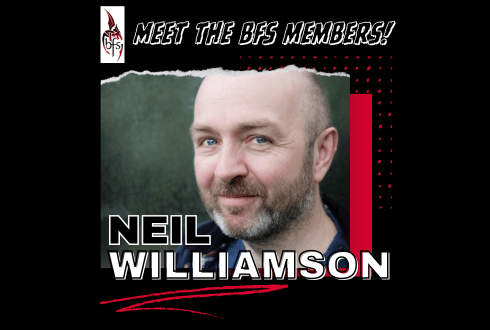
Meet Neil Williamson
Every Friday, we meet a member of the BFS and peer deep into their soul (or, at least, a form they filled out). Want to be featured? Email us: online@britishfantasysociety.org
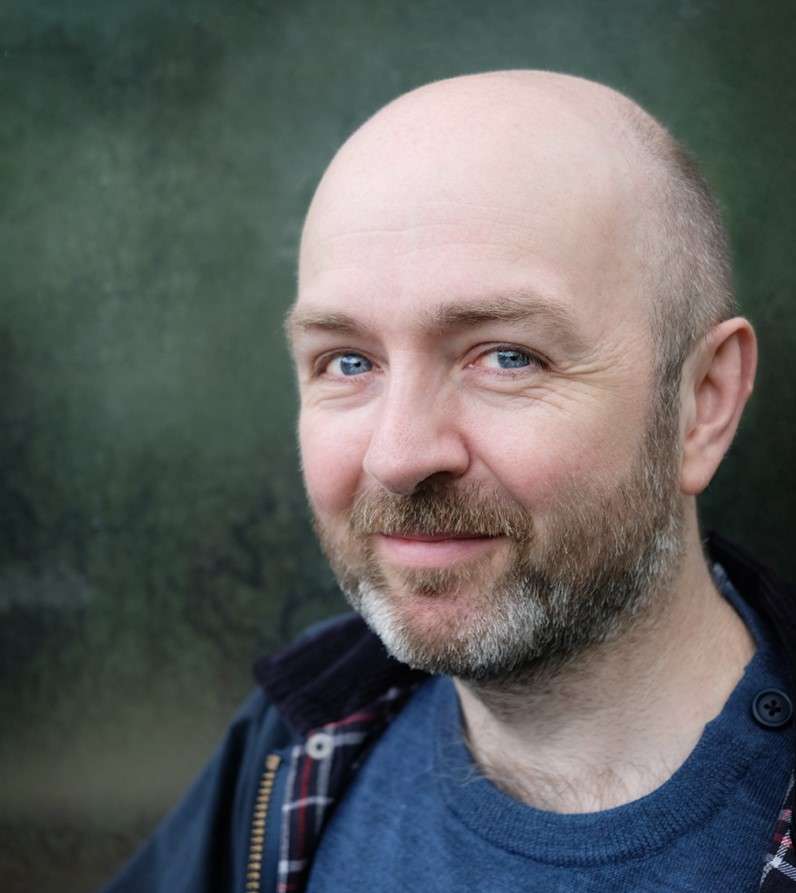
Name, including preferred pronouns:
Neil Williamson (he/him)
Which region are you based in?
Scotland
If you write, which genre:
Sci-fi / Fantasy / Horror
Are you drawn to any specific SFFH sub-genres?
As a reader, one of the things I love about SFFH is its sheer breadth. I like it all. As a writer, I like to dot around and go with whatever attracts me at the time. I’m currently into folk horror and ghost stories, but I have some near future SF I want to get to soon. After that, who knows? It’s all part of the fun.
Your influences
Tell us about the book/film/thing that got you into SFFH: What was it? How old were you? What impact did it have on you?
There were probably different things that grabbed me at different times. For Fantasy, Lloyd Alexander’s Chronicles of Prydain and movies like Jason and the Argonauts and Jack The Giant Killer got me excited about mythic adventure. For Horror, the Pan and Fontana books of ghost and horror stories really cemented my love of the eldritch. In the case of science fiction, for all the SF TV that was around in the seventies and eighties, it was Carl Sagan’s Cosmos that really blew my mind about what was possible in the universe. And one more, which perhaps forms the underlay of all of that, I absolutely adored the phantasmagorical nonsense of Monster Fun comic.
How does that early influence show up in your work now?
I’m honestly not sure there’s a direct line you can draw between them. Or at least, I can’t. I’m not very self-analytical in that sense.
Where do you draw your creative inspiration from?
Life and art, I guess. Your brain just mulches everything together, doesn’t it? What’s happening in my life, or on the news, or what I’ve been reading or watching or listening to. I rarely have moments of “oh that’s going to make a great story” as a direct reaction to something. Most of the time story ideas just sort of arise organically.
Who do you look to as a genre hero? Why?
I don’t really do heroes. There are definitely people whose work I admire, and people who I like, and sometimes they are the same people. But I’m not really into pedestals as a rule.
Your work
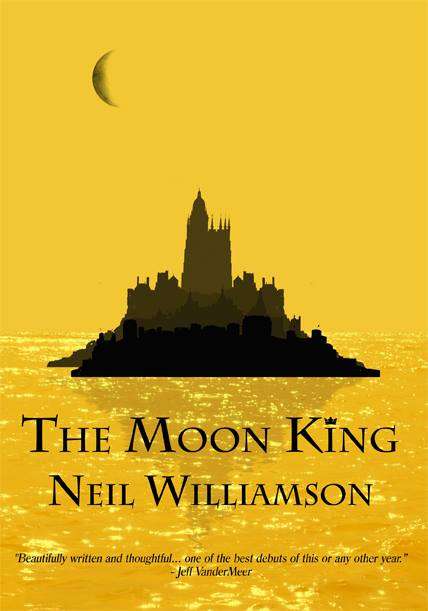
You’re stuck in an elevator for 60 seconds with that hero, and they want you to describe your work. Give us the pitch.
I’m really into blurring genres. My first two novels, The Moon King (left) and Queen of Clouds (below), were both equal parts science fiction and fantasy, and my horror fiction is usually closer to what we used to call Slipstream back in the Nineties.
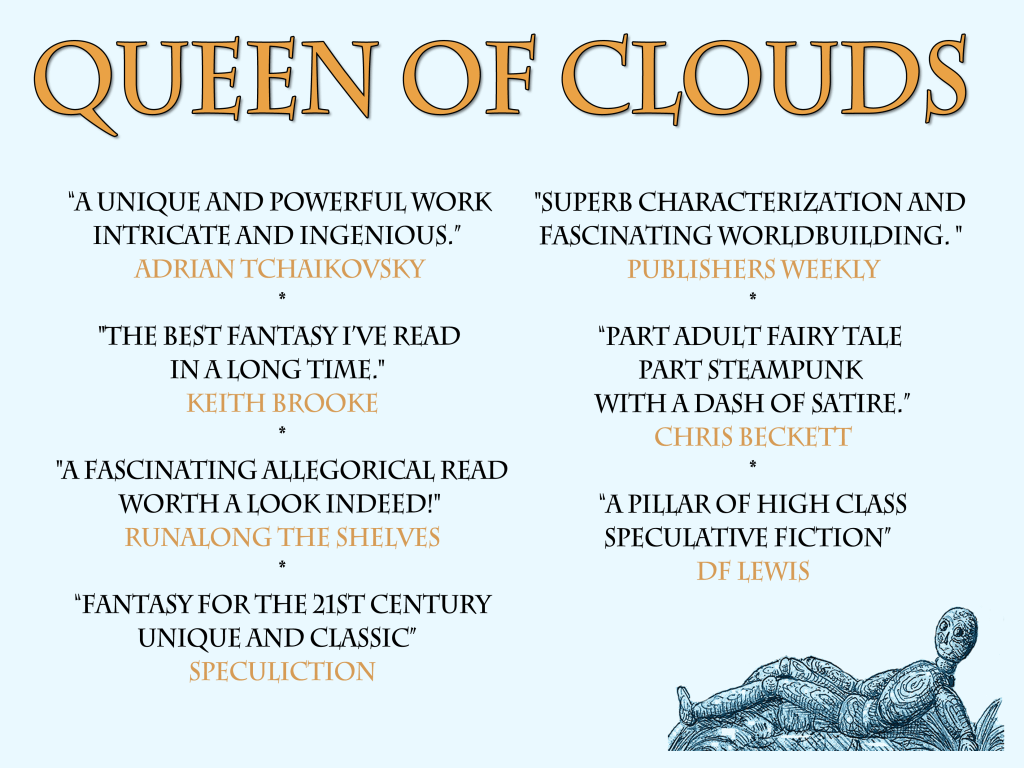
What are you working on right now?
I’m currently writing a supernatural novel tackling the thorny question of what happens to people who don’t believe in ghosts when they become… well, ghosts. I’m also slowly assembling material for a new short story collection on the theme of Weird Inheritances and Bequests. And I’m co-editing two anthologies to be launched at this year’s WorldCon in Glasgow.
Thinking about all the stories/work you’ve done, what sticks out most in your mind? Why?
The bewildering variety, probably. I’ve been fortunate to be allowed to do a whole bunch of different things.
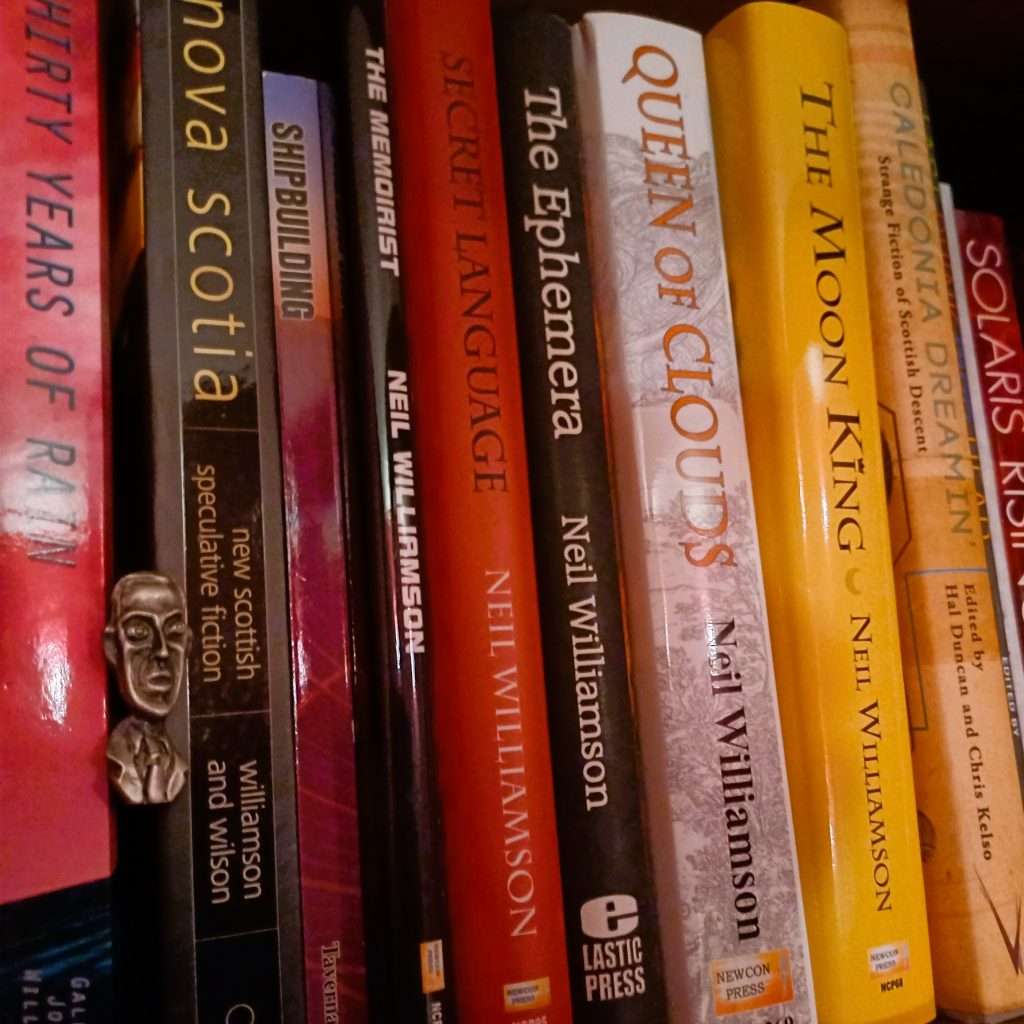
Where and when do you create/are you at your most creative?
I write for an hour every morning before work and also at lunchtime, and I usually do five or six hours on a Saturday too. So, in general, mornings are good.
What’s the best advice you’ve received about creativity?
Nothing’s ever wasted.
What’s your writing soundtrack?
Ha. I have a Spotify playlist of minimalist composers and instrumental film soundtracks that currently stands at around 46 hours’ worth of music. Since I write in cafes a lot, what’s important for me is that it blocks out the world around me and doesn’t have lyrics or massive dynamic changes to distract me. Not the music itself. Though there’s also something about using the same music every time that keys my brain into saying, “right, time to work.”
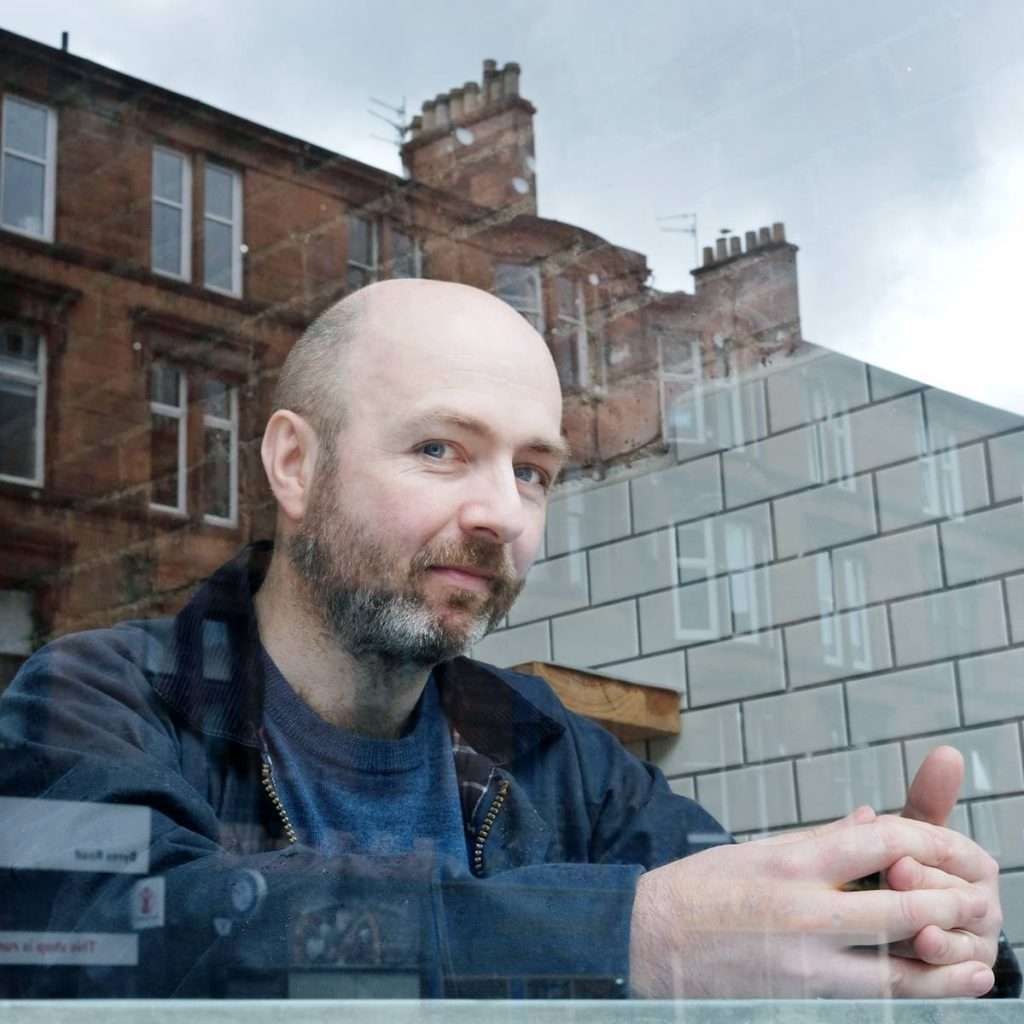
The quickfire round
Sci-fi, fantasy or horror?
All at once.
Quiet or loud?
Quiet
Dark or light?
Dark
Strict lines or genre blend?
Blend
Awards or bestseller?
As if!
Fiction or non-fiction?
Fiction
Poetry or prose?
Prose
Plotter or pantser?
I don’t think any writer is one or the other. You need to do both.
Reading or listening?
Either
Notebook or computer?
Computer
Favourite SFFH book of all time?
Is that a trick question? Who can answer that!?
Last book you read?
Hauntology by Merlin Coverley
Any SFFH author on auto-buy?
Jonathan Carroll, M John Harrison, Nina Allan
Favourite podcast?
Don’t have one
The home stretch
What’s the best thing about being a SFFH writer/reader/fan?
As a reader, there’s always something new and cool and surprising to get excited about.
As a writer, the community.
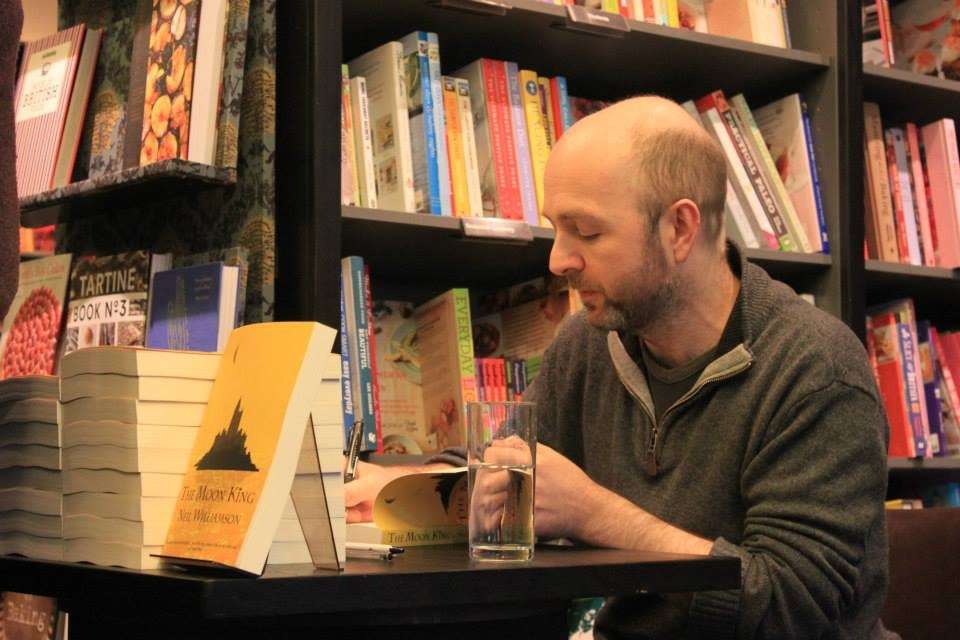
Time to plug your stuff! Where can we find you and your work? What have you got coming up? Consider this your advertising space.
Next thing out is Charlie Says, an urban folk horror novella influenced by the British public information films of the seventies.
Anyone who grew up in the UK in that period knows the terror instilled in us as kids by those little cautionary tales, and I’d wanted to find a way of using them as the basis of a story for years. It was only with Brexit and the resultant rise of bigotry and hate in the UK that I found a way to fold all of that into a story that would resonate. The Charlie of the title is a reformed right-wing comedian who returns to his grim Midlands hometown for his mother’s funeral and gets drawn back into a world of ritualised risk in the community he grew up in. Along the way he gets reacquainted with his erstwhile sidekick, Cat, infamous for egging him on to say terrible things; and who, of course, reminiscent of Charley the cat in the old animations, has a voice like he’s gargling fishbones.
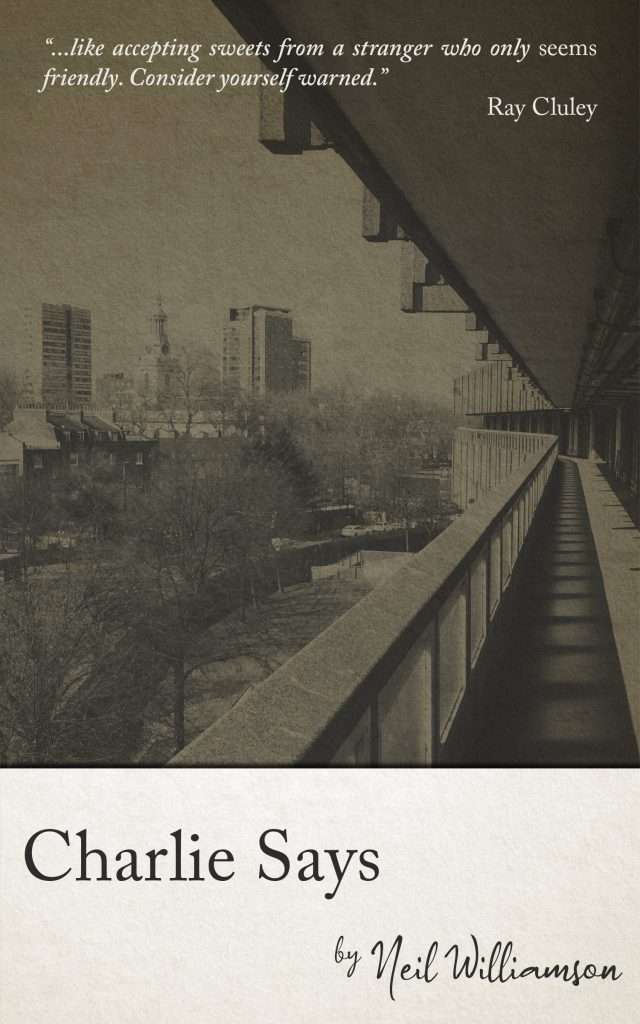
It’s a reference-heavy story, but hopefully people who didn’t grow up with all that trauma will enjoy it too. I wrote about it all in more depth on my website. Charlie Says is out on now from Black Shuck Books.
I’m also planning a workshop as part of Alex Davis’s Spring Scares series in March and April. Mine is titled: “Blood in the Bricks and Neon Rites: Exploring Folk Horror in the Urban Environment”, and in it I’m hoping to see if we can come up with a loose definition for how folk horror can work in urban settings as opposed to the established rural ones. Plenty of room left for folk to sign up, I think, here. All welcome.